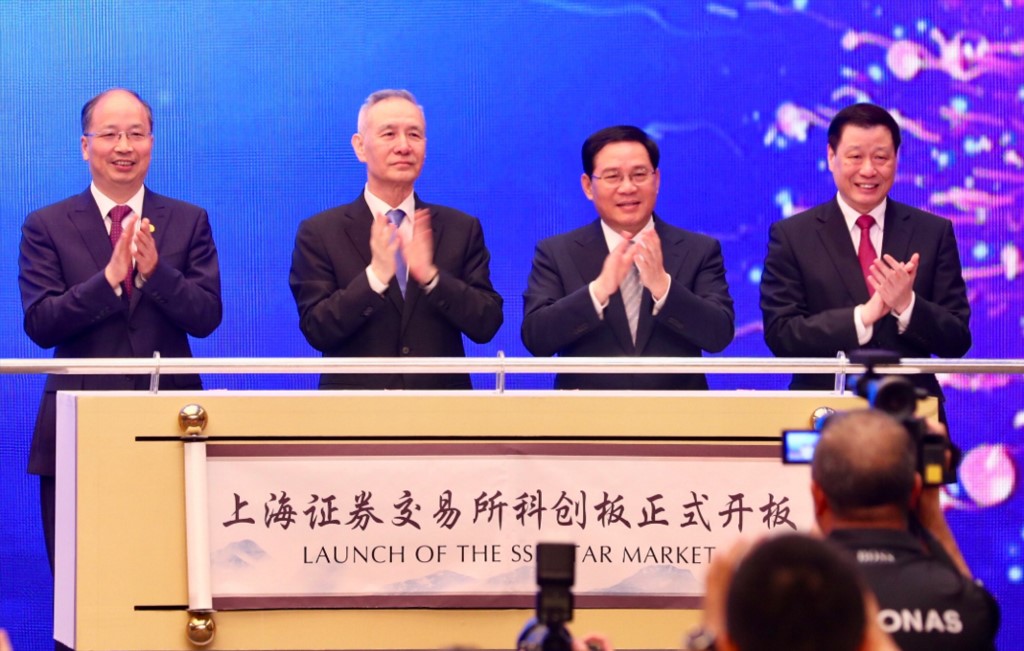(ATF) In recent years, the Chinese bond market has developed rapidly and now has a market size of 105 trillion yuan ($15 trillion), with corporate credit bonds of 25 trillion yuan, both the second biggest in the world. But amidst this fast growth, the risk of default and other issues are also rising.
In response to problems surrounding bond disputes, and extensive investigations and protests, the Supreme People’s Court recently released “Minutes of the National Forum on Trial of Bond Dispute Cases”. From July 2018, the head of the Securities Department at the China Securities Regulatory Commission (CSRC) led a team that worked with the Supreme Court and a second court, and discussed setting up a joint research group on judicial relief for people caught in bond defaults. This month, the Supreme Court issued the ‘minutes’ of the whole two-year process.
Suffice to say, the bond business is becoming a key regulatory area in China.
The Commission is constantly having to discipline securities firms, and regulation of illegal bond activities is moving towards criminal rather than civil disputes.
Capital Securities in strife
Most recently, Capital Securities was in legal hot water this week due to problems such as insufficient control over its bond business. Capital Securities’ bond trading was suspended for three months, and the leaders of that part of the company have been put on a basic salary and faced “regulatory talks” with government officials.
The CSRC official website issued two punishment announcements on this. They said that in the second half of 2019, Capital Securities had two problems in its bond business.
One was insufficient control over bond transactions. Information required about a trader and bank accounts was blank – had not been filled in properly, yet the approval process for some bond transactions was still passed as ‘completed’. That meant the management of counter-parties and other elements was insufficient. Secondly, a cash bond transaction system had not been set up, with no counter-party white-list or quota management system.
In Capital Securities’ 2019 Annual Report, the company said it focused on strengthening its fixed-income business system, using information technology as a way to form a closed-loop internal management and control system covering its entire fixed-income business, to achieve an orderly and standardised management of trading procedures.
But for the violations listed above, the regulators decided to suspend Capital Securities’ bond business for three months.
Zhang Zhiming, as a senior executive and head of the department in charge of the firm’s fixed income business, was deemed responsible for these violations. The CSRC said Beijing Capital Securities must restrict Zhang Zhiming’s payment to just a basic salary. Any 2019 performance bonuses should be returned to the company. And they ordered Zhang to go to Beijing Securities Regulatory Bureau for ‘talks’ on June 16, 2020.
In 2019, Beijing Capital Securities had welcomed a new chairman, and the company’s performance gradually improved after a period of continuous decline. It’s operating income was 1.353 billion yuan, an increase of 65.5% year-on-year, with a net profit attributed to the parent company of 424 million yuan, an increase of 128.6% year-on-year.
Bond underwriting violations
Meanwhile, data from China’s Mustang Finance Research over the past two years, shows that some brokerages regard the bond business as a key focus. However, they are often punished for violations of bond underwriting.
At the beginning of 2019, Donghai Securities, as the manager of the “15 Shunfeng 01” bond, did not perform due diligence, and did not continue to monitor the use of funds raised by the issuer in accordance with the terms of its bond management agreement. Violations committed by its wholly-owned Sun Company were detected by the Jiangsu Securities Regulatory Bureau, which issued warning letters.
On March 11, 2019, the CSRC forced Minmetals Securities to undergo administrative supervision due to multiple violations in the bond business. It ordered Minmetals to take effective measures to improve internal management and its level of risk control. Before rectification had been completed and accepted, it was not allowed to add new self-operated bonds – they could not be sold, and no new purchases were allowed.
On April 23, 2019, the Guangdong Securities Regulatory Bureau ordered GF Securities to face administrative supervision to “correct violations of bidding for corporate bond projects at a price below cost”. And just recently GF Securities were suspended from trading.
SEE: GF Securities under administration, activities frozen
In addition, Guorong Securities, Guohai Securities, Open Source Securities, China Post Securities, and others have also been censored for illegal violations in the process of bond issuance and underwriting.
So, now the CSRC will work with the Supreme People’s Court in implementing measures they have come up with – in the Minutes, and distribute their rules, and work to promote a bond market with rule-of-law bond default settlement mechanisms.
The Regulatory Commission says it will fully implement a “zero tolerance” system for illegal and criminal acts in the capital market. It says it will strictly investigate and deal with major illegal and criminal cases, as well as strengthen civil compensation and criminal accountability to significantly increase the cost of illegal behaviour. It has vowed to protect the legitimate rights and interests of investors.
One of the actions agreed by the Supreme Court and the CSRC is that bankruptcy will no longer be allowed to be used by bond defaulters as an excuse to escape debt.
























